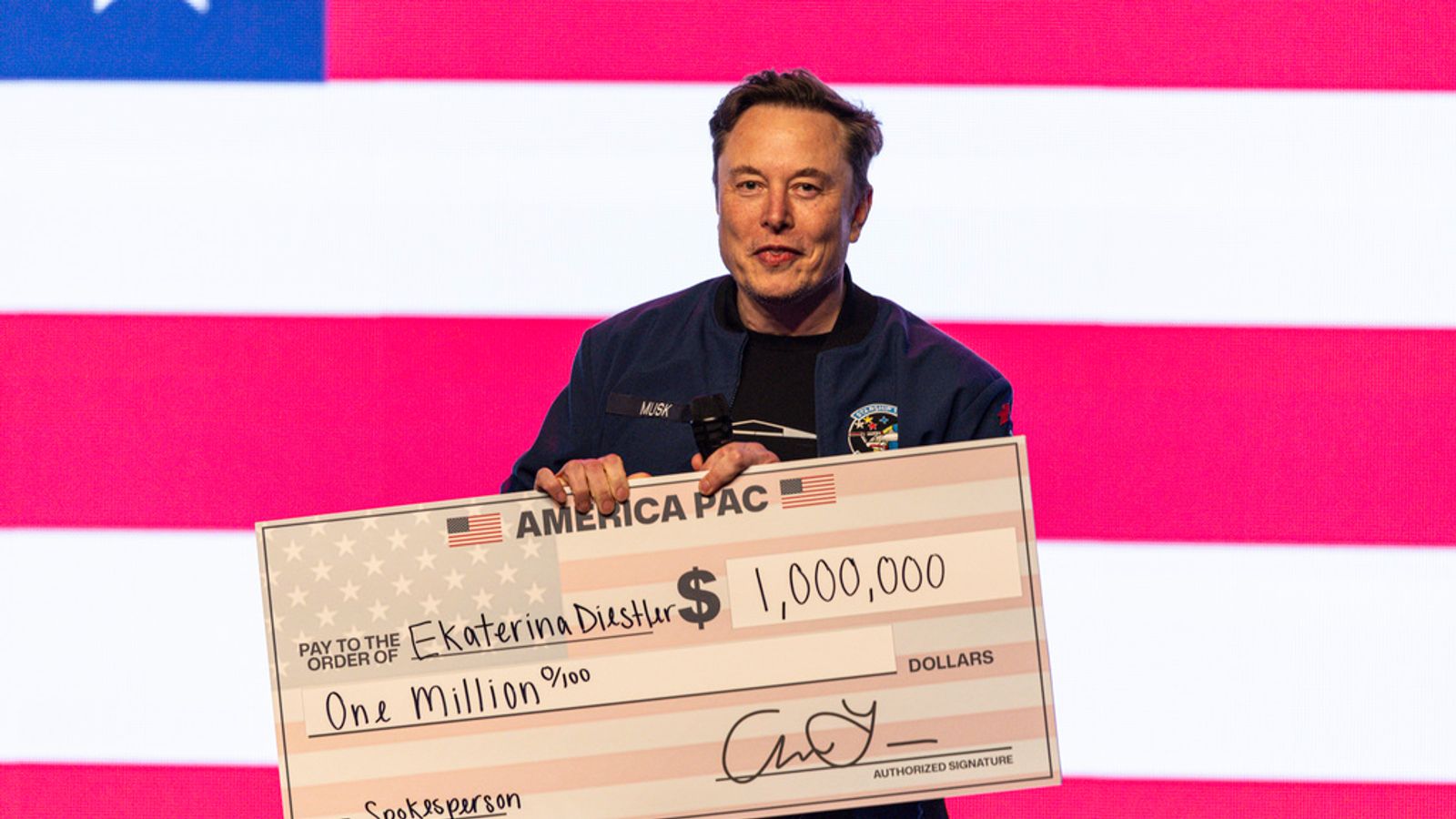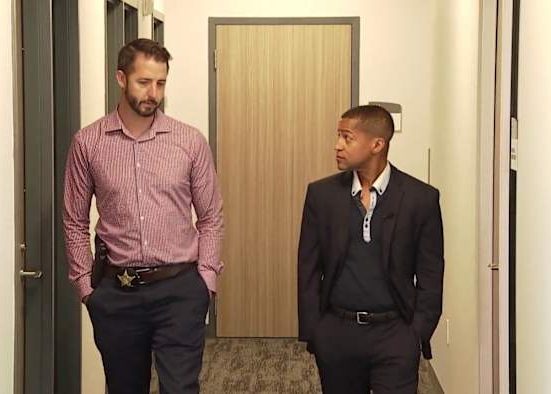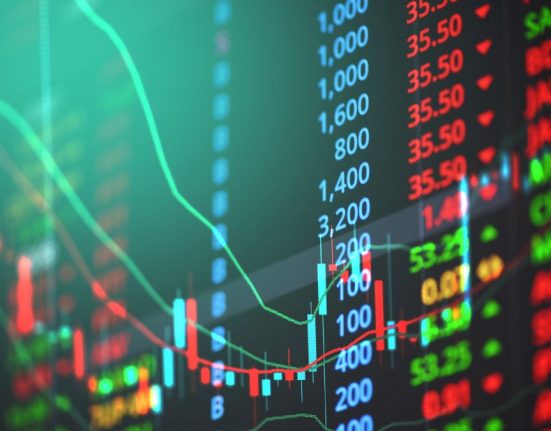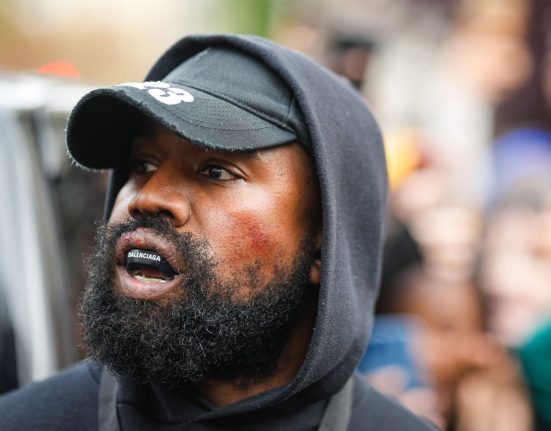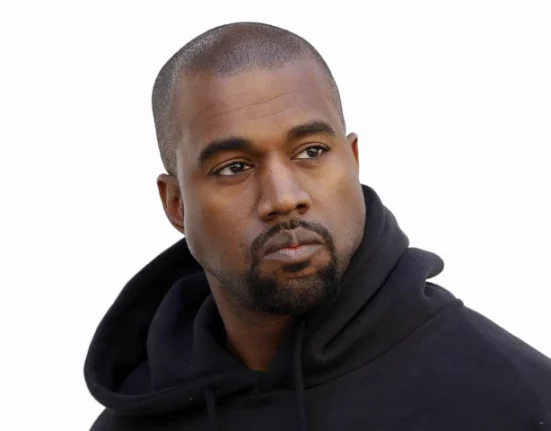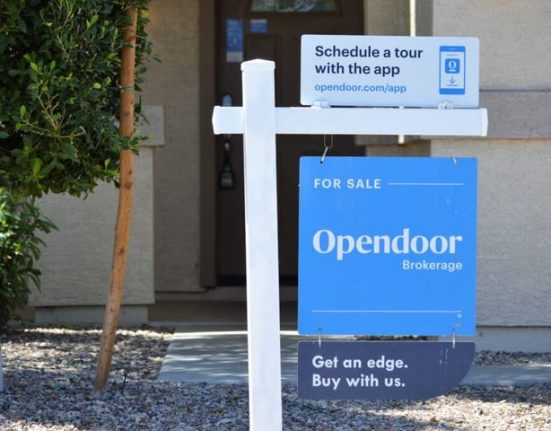Financial backers of the Democratic and Republican parties have poured in nearly $100 million to back rival candidates in Tuesday’s special election for a vacancy on the Wisconsin State Supreme Court. The court is divided evenly between the two parties, three to three, after the retirement of Democrat Ann Walsh Bradley, and the outcome of the election will determine which party gains control.
With a Democratic governor and a heavily Republican state legislature, thanks to the most systematic gerrymander of any state, Wisconsin has seen numerous political issues settled in the courts. This bears even on control of the US Congress, where the Republican Party holds a narrow margin that could be overturned by the loss of even a handful of seats.
The gerrymander of Wisconsin’s eight congressional seats is now being challenged in the state courts, and a redrawn map could shift the state from the present 6-2 Republican advantage to an even split that more accurately reflects the party divisions—while putting Republican control of the House in jeopardy. Trump won the state narrowly in 2024 but lost it by a similar margin in 2020.
The Republican candidate for the state supreme court is Brad Schimel, a former state attorney general now serving as a judge in Waukesha County, in the heavily Republican western suburbs of Milwaukee. The Democrat is Susan Crawford, a judge in Dane County, the heavily Democratic county that includes Madison, the state capital and location of the main campus of the University of Wisconsin.
The most heavily publicized event of the campaign has been the intervention of President Trump’s top financial backer, Elon Musk, the world’s richest man and the spearhead of Trump’s effort to slash federal jobs and programs. Musk handed out one million-dollar check to a supporter of the Republican campaign on Thursday, then two more on Sunday, after the state supreme court turned down a lawsuit by the Democratic state attorney general to block it.
This was a reprise, in an even more crass form, of Musk’s last-minute intervention in the 2024 presidential campaign in Pennsylvania, when he offered $100 to anyone who signed a pro-Trump petition and then staged a supposedly random drawing among all the signers to select the recipient of a million-dollar check.
In Wisconsin, the petition was nominally to declare opposition to “activist judges,” a term of abuse coined by the Republican Party for judges who make rulings they oppose, on issues ranging from abortion rights to Trump’s effort to steal the 2020 election. Within the framework of American capitalist two-party politics, Schimel is a conservative Republican and Crawford is a liberal Democrat, both of them conventional pro-business figures.
Nonetheless, in a fascistic rant to a Republican rally Sunday, Musk declared that the election was so important that it could decide “the future of America and Western Civilization.” He cited the danger to the Republican’s majority in the federal House of Representatives if the Democrats were to control redistricting in the state.
There are less apocalyptic concerns as well. Musk’s electric-vehicle company Tesla is suing the state of Wisconsin over laws regulating car dealerships, a case that could well end up before the state supreme court.
While Musk has pumped in an estimated $20 million for the Brad Schimel campaign, Democratic billionaires have given millions to Crawford. One of them, JB Pritzker, one of the heirs to the Hyatt Hotel fortune, is also the governor of Illinois and has been positioning himself for a possible presidential run in 2028.
The Crawford campaign has actually raised more money than the Schimel campaign, but spending by “outside” groups like that set up by Musk have given a large edge in total spending to the Republican side.
The day after the election, Wisconsin is expected to be hit hard by the tariff warfare launched by Trump against Canada, one of the Midwestern state’s main trading partners. While agribusiness interests are backing Trump, and he won by a landslide in rural areas, the measures taken by Trump and Musk over the past three months are deeply unpopular, according to recent polls.
Musk and Trump apparently made the decision to intervene heavily in Wisconsin after a Republican state senate candidate lost an election earlier this month for a vacant seat in Lancaster County, Pennsylvania, where Trump had won by 16 points last November.
Polls published ahead of Tuesday’s special congressional elections in Florida, to fill the vacancies created by the resignations of Republicans Matt Gaetz and Michael Waltz, suggested that Democrats were running well ahead of their 2024 numbers, as well as raising far more money, although neither seat was competitive last year.
In Louisiana, where a special election was held Saturday on four constitutional amendments proposed by right-wing Republican Governor Jeff Landry, all four amendments were defeated by 2-1 margins. The most important measure would have placed a ceiling on the state income tax—essentially protection for the wealthy—and a corresponding ceiling on state spending. Another amendment would have made it easier to send minors to adult prisons.
The World Socialist Web Site is the voice of the working class and the leadership of the international socialist movement. We rely entirely on the support of our readers. Please donate today!

